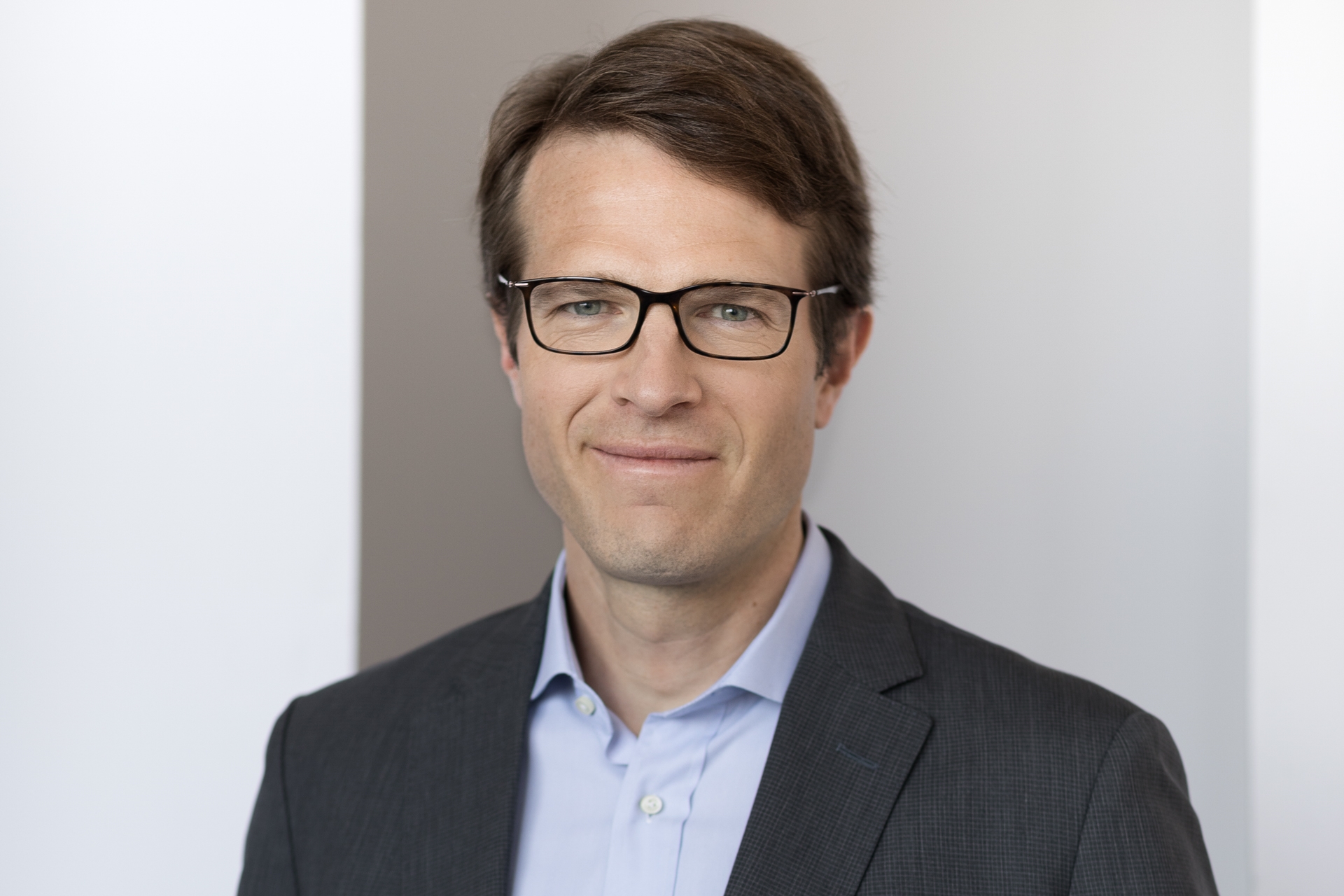CDPQ – decarbonising the real economy
Published earlier this year, CDPQ’s latest Sustainability Report includes some impressive figures. In 2022, it reached C$47 billion in low-carbon assets – up from C$18 billion in 2017 – with a goal of attaining C$54 billion by 2025. It reduced the carbon intensity of its portfolio by 53% compared to 2017 and almost completely exited all investments in oil production.
By 2050, it aims to achieve a net-zero portfolio – and is on track to reach this target. Recent low-carbon infrastructure investments include Akiem, a European locomotive leasing service, which has a fleet that is 75% electric; Shizen Energy, a Japanese renewable energy infrastructure business in which it invested ¥70 billion (US$474m); multiple acquisitions in sustainable lands in the US and Australia; and HY2GEN, a European green hydrogen investment platform in which CDPQ participated in a €200 million fundraise.
“The wide range of infrastructure investments we’ve been making is evidence that driving the transition to a low-carbon economy has to go beyond investing solely in renewable energy,” said Emmanuel Jaclot (right), executive VP and head of infrastructure at CDPQ.
“As we seek to grow our infrastructure portfolio from C$45 billion to C$84 billion, our ability to generate new investment opportunities globally will prove critical. This includes ensuring we remain innovative in how we deploy capital despite an increasingly challenging environment, with a focus on specialised platforms that offer us access to greenfield development and further acquisitions.”
A C$10 billion transition envelope
As part of a new climate strategy launched in 2021, CDPQ created a C$10 billion fund to support companies operating in the heaviest emitting sectors to reduce the carbon intensity of their activities. To qualify, businesses require a proven decarbonisation strategy, implementation plan and associated disclosures detailing their progress.
The investor, which manages funds for 48 public pension and insurance plans, completed three transactions that met those criteria last year, which were also audited by independent external experts and in line with the Paris Agreement.
These included providing part of the €485 million financing to support KKR’s acquisition of Albioma SA, a French energy producer operating more than 1GW of thermal, solar and geothermal energy; a reinvestment in American utility company AES Indiana; and further one in Apraava Energy, an Indian electricity provider, to accelerate their transition to renewable energy sources.
In November, CDPQ issued a second green bond – and the first in Canadian dollars – worth C$1.25 billion (US$935m), further underlining its climate commitments and increasing the value of its green bonds to over C$2.5 billion since the program’s launch in 2021. The issue also enabled it to diversify funding sources globally by leveraging sustainable assets such as the Réseau Express Métropolitain (REM), Montréal’s light rail system built and operated by CDPQ.
The firm’s multiple awards in 2022 include IJGlobal’s Direct Investor - Global, with judges praising its weighted-average return on its depositors’ funds was 13.5%, compared with 10.7% for the benchmark portfolio, representing US$10.4 billion in value added. They also cited that its net assets were US$419.8 billion, up US$149.1 billion over five years, with investment results of US$141 billion and net deposits of US$8.1 billion. Over 10 years, investment results were US$241 billion and net deposits were US$19.8 billion.
2023 so far

The new standards will consolidate existing disclosure standards including the Sustainability Accounting Standards Board (SASB) standards and the Task Force on Climate-related Financial Disclosures (TCFD) framework.
On July 31st, CDPQ’s REM – Québec’s largest infrastructure project in 50 years – opened its doors on the first branch of the network.
Once complete, the 100% electric and automated metro system will connect 26 stations along a 67km route, making it the longest automated metro in the world. It is expected that the REM will reduce GHG emissions by 100,000 tons per year.
“The REM will have an impact on the daily lives of thousands of people in the Greater Montréal area, and we’re very proud of it,” said Emond. “This investment speaks to our dual mandate, as it will generate significant economic benefits for Québec and each time passengers step on board, they will contribute to financing their retirement. It’s truly a signature project that will deliver tangible benefits starting today and for future generations.”
Request a Demo
Interested in IJGlobal? Request a demo to discuss a trial with a member of our team. Talk to the team to explore the value of our asset and transaction databases, our market-leading news, league tables and much more.
